Arabs denounce ‘double standard’ of Russia sports bans
A number of Arabs have accused the West of double standards after international sports federations banned Russia from major sporting events following its military operation in Ukraine.
The ban, which is in contradiction with the long-standing convention against politics mixing with sport, comes as many Arab sportsmen and women have been punished for refusing to compete with Israelis in protest at the Tel Aviv regime's successive wars on the Gaza Strip and its ongoing oppression against Palestinians in the occupied territories.
Ali Farag, Egyptian squash champion, said “nobody should be happy about what’s going (on in Ukraine),” but now that all of a sudden it's allowed to speak about politics in sports, "I hope that people also look at oppression everywhere in the world."
“The Palestinians have been going through that for the past 74 years but I guess because it doesn’t fit the narrative of the media of the West, we couldn’t talk about it,” he said.
James Dorsey, a senior fellow at the National University of Singapore’s Middle East Institute, also said, “International sports associations, including FIFA, have banned any political or religious expression on the sports field.”
“What they have done now is they effectively have lifted that for Ukraine. There is Palestine of course, but what about Yemen? Syria? Libya?”
Russian President Vladimir Putin announced a "special military operation" in Ukraine on February 24. The conflict has provoked a unanimous response from Western countries, which have imposed a long list of sanctions on Moscow.
Moscow's offensive against Ukraine also prompted the world's sporting bodies to consider how they should treat athletes, officials and competitions associated with the conflict.
Football governing bodies FIFA and UEFA swiftly suspended Russia from all international competitions days after the attack, while Formula One suspended its contract with Russia, barring it from hosting its Grand Prix in the resort city of Sochi.
The International Olympic Committee also urged sports federations and Organizers to exclude Russian athletes and officials from international events.
In the past, sports governing bodies have tolerated some exceptions to the general ban on making political statements, but they have all been short-lived.
During a flare-up of fighting between Israel and the Palestinian resistance movement Hamas in Gaza last May, England’s Football Association said players would not be punished for raising the Palestinian or Israeli flags.
But in November, FIFA fined the Scottish Football Association 10,000 Swiss francs (about $10,700) after Scotland fans booed Israel’s anthem and raised Palestinian flags during an October match between the national sides.
At the Tokyo Olympics in July, Algerian judoka Fathi Norine refused to face off against an Israeli opponent out of solidarity with the Palestinians, earning him and his trainer 10-year bans.
But on February 27, the International Judo Federation suspended Putin as its honorary president and ambassador over his military operation in Ukraine.
Also in early March, Palestinian midfielder Mohamed Rashid refused to stand with his Indonesian club Persib Bandung when they raised a sign reading “Stop War” at a game.
“I am against any war in any country, but people are dying every day in Palestine and in Syria and Yemen,” he said in video remarks published by an Egyptian sports website.
“When war erupted in a Western country, everyone stood with it, but when people die in Palestine, we are not allowed to show solidarity and are accused of mixing politics and sports.
“It makes us feel like our lives are cheaper than the lives of those in the West.”
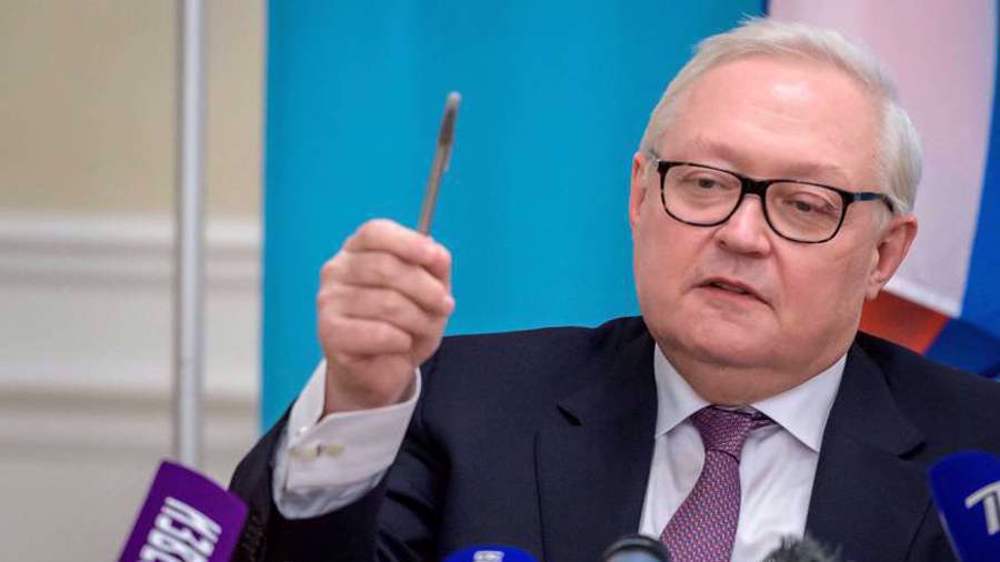
Russia warns of ‘catastrophic’ consequences if US attacks Iran
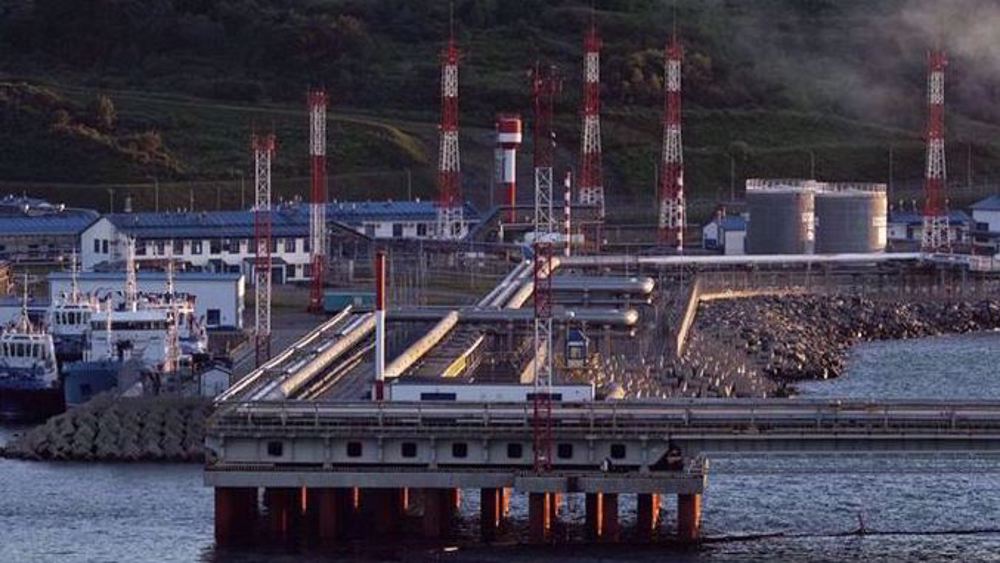
Trump threatens secondary tariffs on Russian oil over Ukraine
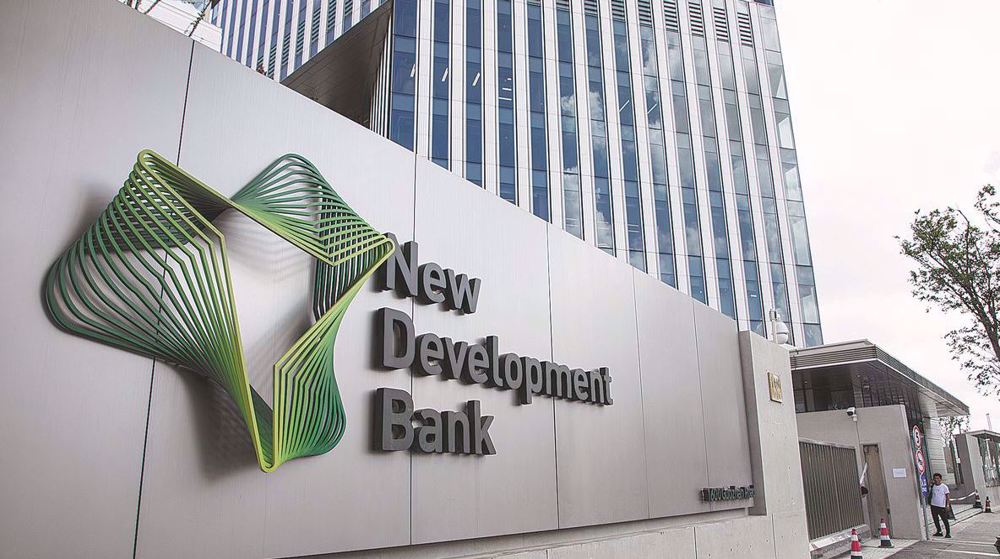
BRICS to establish 'digital' payment system: Russian minister
Hind Rajab Foundation to file legal action ahead of Netanyahu’s planned trip to Hungary
VIDEO | Iran marks Islamic Republic anniversary
Russia warns of ‘catastrophic’ consequences if US attacks Iran
No such thing as ‘military option’ let alone ‘military solution’ to nuclear issue: Iran
Iran VP opens privately-owned $150 mln hotel in north Iran
Iran urges IAEA to take a clear stance against threats to its nuclear facilities
Palestinian teenager dies in Israel's jail after being held 6 months without charge
Pro-Palestinian student leaves US amid deportation threats


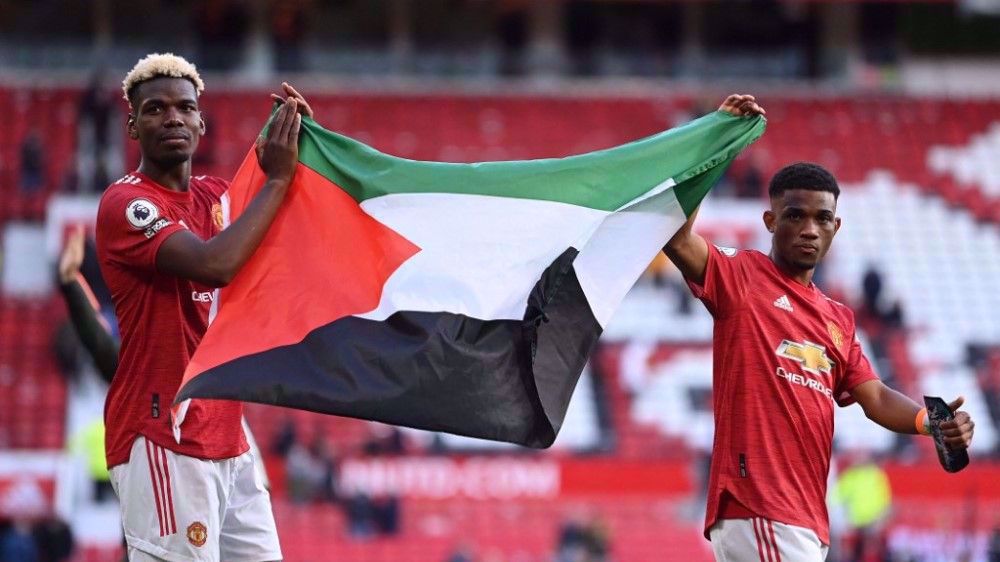
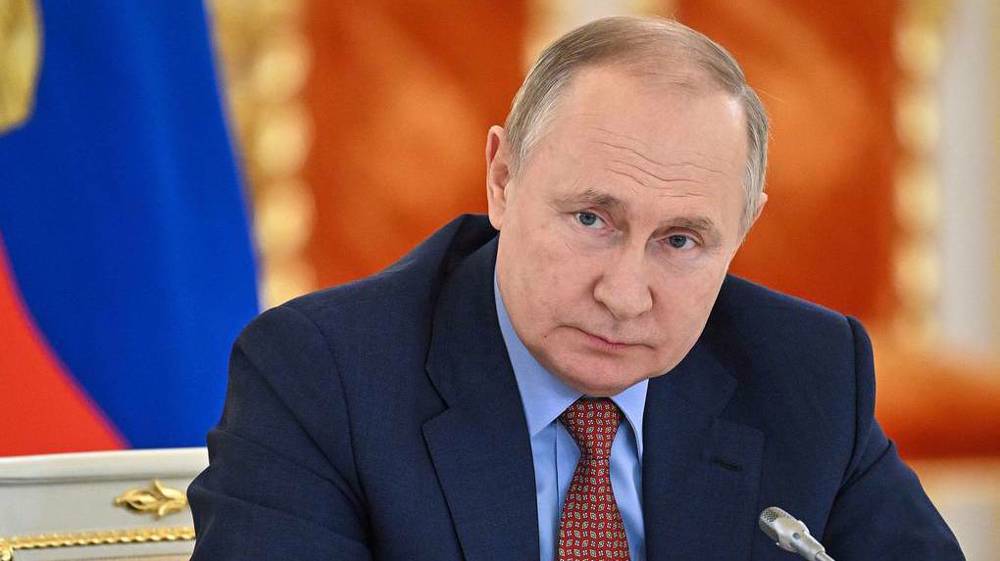
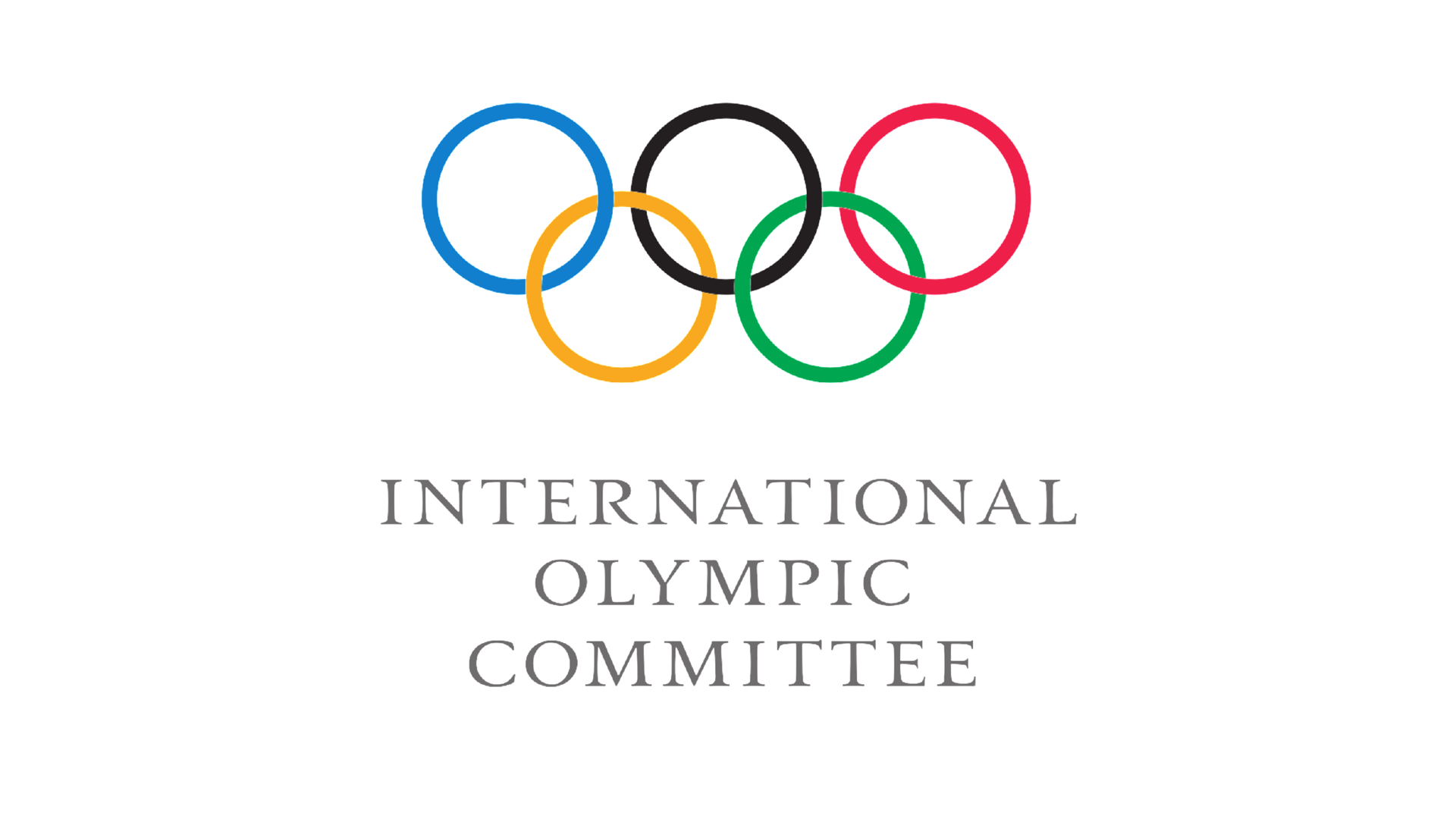



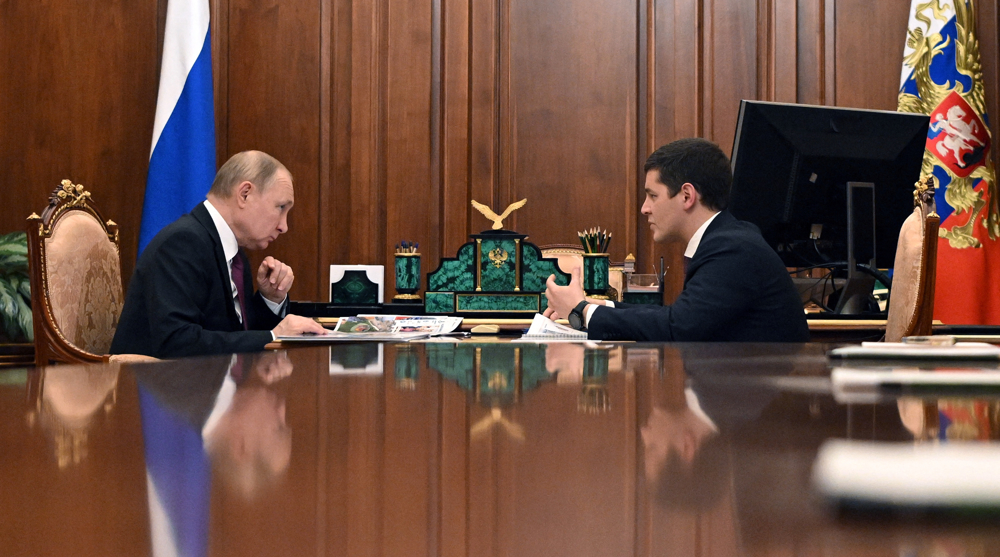
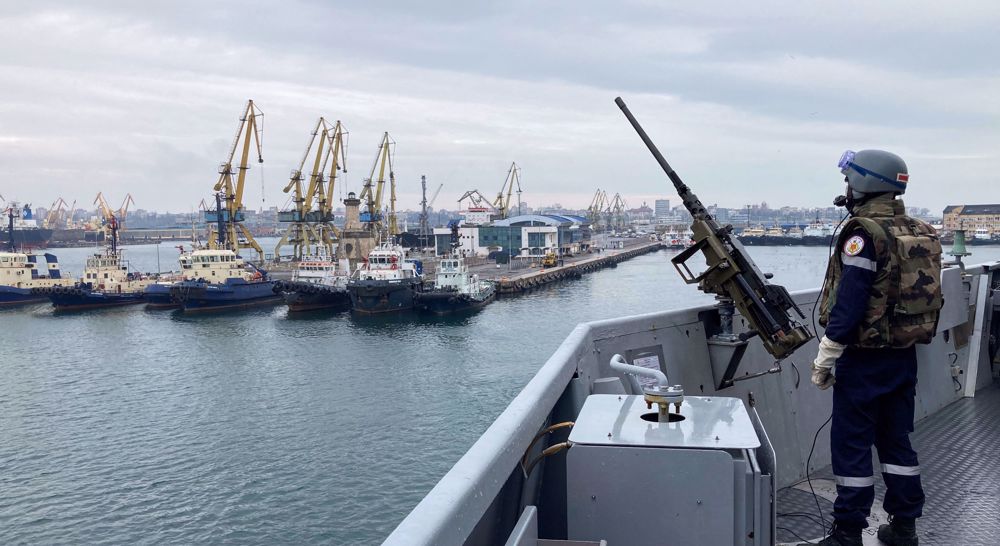
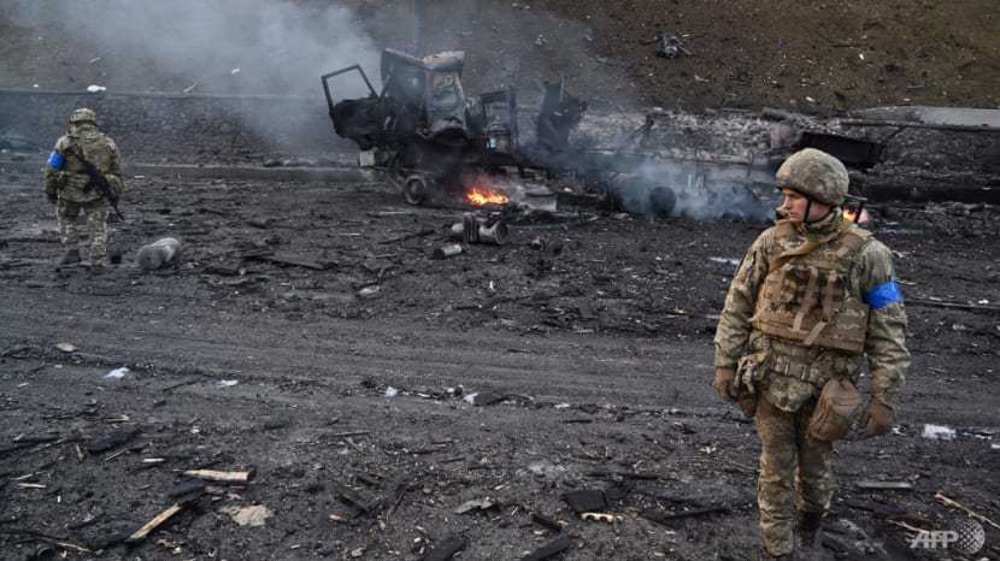

 This makes it easy to access the Press TV website
This makes it easy to access the Press TV website